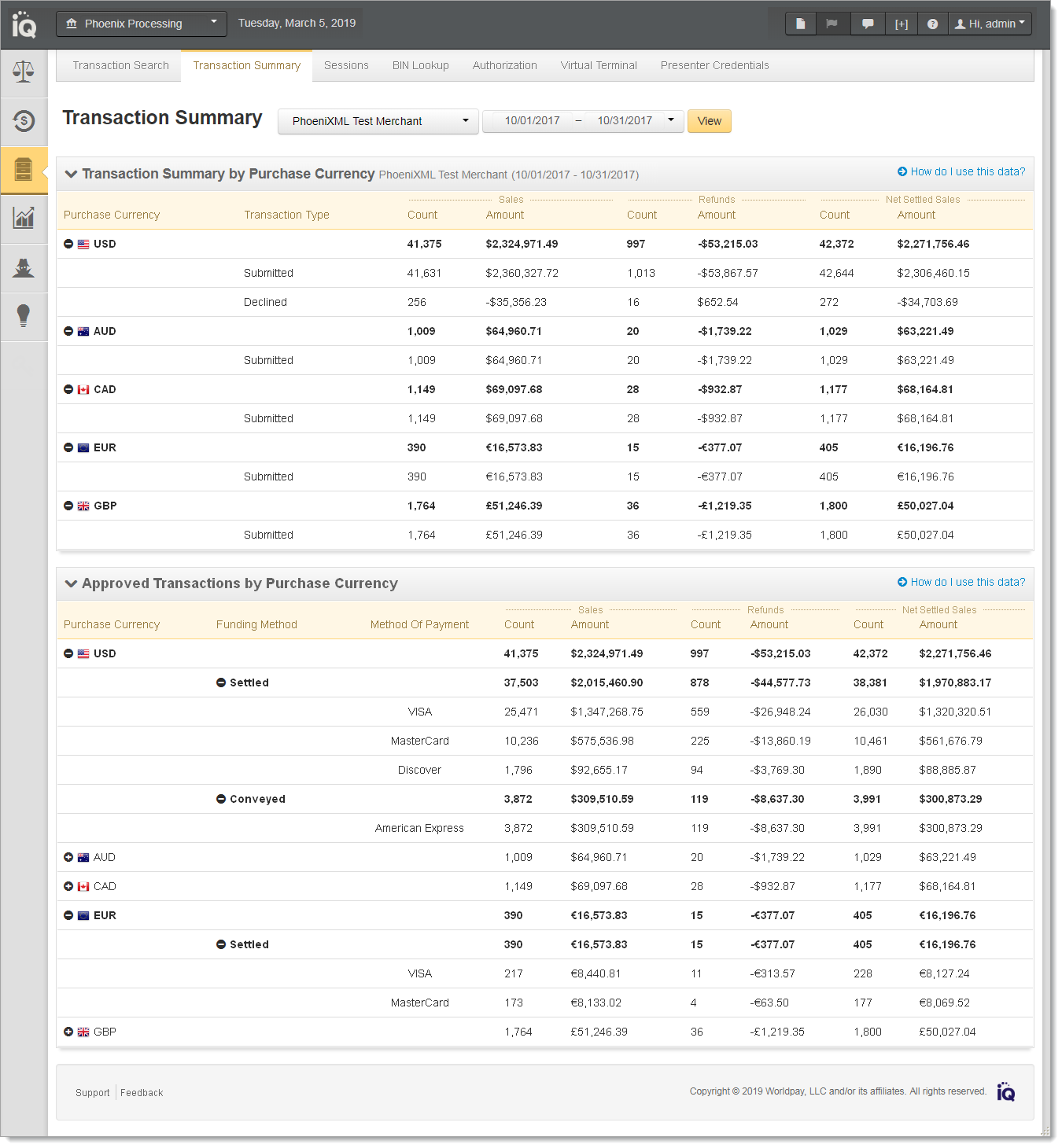

SARs are really useful to help authorities gain a holistic overview of illicit financial behavior in the U.S. This includes uncovering money laundering, terrorism and illicit activities like fraud and Ponzi schemes. Treasury uses the SAR in accordance with the Bank Secrecy Act (BSA) of 1970 to identify and bring its violators to justice. The Financial Crimes Enforcement Network (FinCEN), as mandated by the U.S. Suspicious Activity Reports are a vital part of the States’ anti-money laundering and counter-terrorism-financing (AML/CFT) policy and has grown in importance after 2001, thanks to the USA Patriot Act’s extensive new SAR requirements. Who regulates Suspicious Activity Reports? Therefore, crypto MSBs must report suspicious transactions over $2,000.
#Currency transaction report social security series#
The difference between a CTR and SAR is therefore:Ī Currency Transaction Report (CTR) should be filed when a transaction or series of transactions exceeds the $10,000 threshold within a 24 hour period.Ī Suspicious Activity Report (SAR) must be filed when financial institutions become aware of suspicious behavior that could potentially be crime-related. financial institutions are required to file a Currency Transaction Report (CTR) for every deposit, withdrawal or other transaction they deal with that exceeds $10,000 in value. What’s the difference between CTRs and SARs? This enables law enforcement to apprehend criminals and prevent further criminal activity.įinCEN also shares SARs and important BSA-related data with bank supervisory agencies and helps to analyze data for new criminal trends and patterns. It covers regulatory blindspots and helps to detect and analyze criminal behavior.

The goal of a Suspicious Activity Report is to identify domestic and global criminals involved with money laundering, fraud, and terrorism. What’s the purpose of a Suspicious Activity Report? Suspicious Activity Reports have been used in the U.S. The SAR mechanism ensures that transactions that are out of the ordinary and outside the scope of existing legislation are reported to the authorities if relevant financial institutions believe that the parties involved are or behaving illicitly, or intend to. FinCEN uses the SAR requirement as a tool to help enforce the U.S.’ Bank Secrecy Act (BSA) of 1970.


 0 kommentar(er)
0 kommentar(er)
